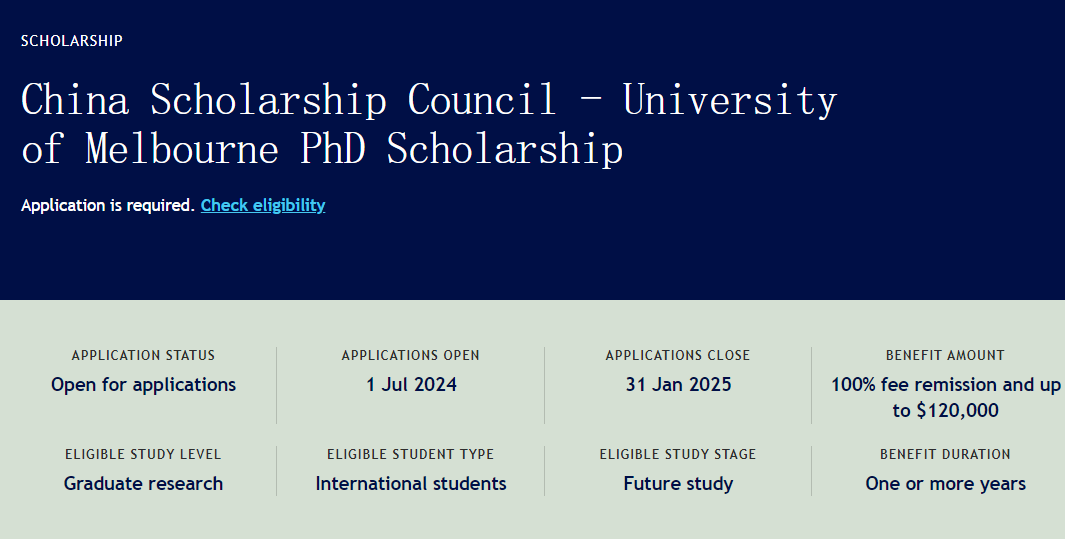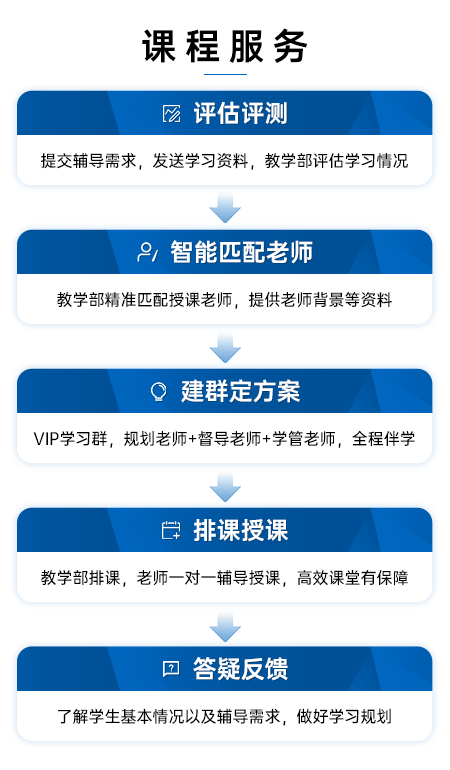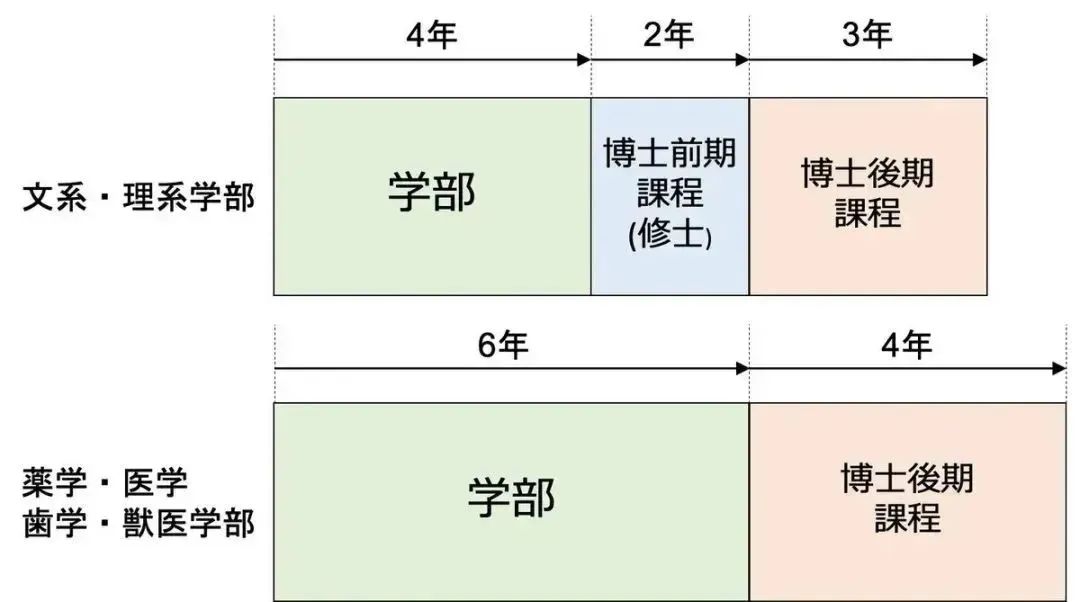本期为大家推荐帝国理工学院、杜伦大学2025最新奖学金介绍。
1、帝国理工大学
Mosaic neuropharmacology with focused ultrasound
Imperial College London | Department of Bioengineering
博导:Dr Andriy Kozlov, Dr James Choi, Dr Sophie Morse
截止日期:January 16, 2025 周四
资助的博士项目(全球学生)
About the Project
We are looking for a PhD student with a background in neuroscience, physics, or engineering, who is passionate about tackling fundamental neuroscience challenges and eager to develop expertise inin vivoelectrophysiology combined with focused ultrasound for drug delivery. The student will be operating a novel focused ultrasound device to manipulate neural circuits in vivo.
The Research Programme
Your work would fit within a larger research programme involving 8 principal investigators, 4 post-doctoral researchers, and 3 PhD students from Imperial College London, King’s College London, University of Arizona, and the University of Michigan.
The programme aims to build a noninvasive technology for precisely delivering distinct drugs to targeted brain regions with exceptional spatial and temporal control. Our approach will engineer particles capable of carrying drug payloads that release only in response to specific remote signals. Furthermore, we will develop a device to direct these signals to specific brain regions, enabling precise targeting. We will validate this platform in rats and rabbits, demonstrating the controlled release of multiple drugs to different areas of the brain. Using these technical innovations, we will perform "mosaic neuropharmacology"—a novel method for manipulating neural circuits across the brain noninvasively in both space and time. This platform will represent the most advanced tool for brain-targeted material delivery, offering tremendous potential for neuroscientists and neurologists to explore and treat neurological and neuropsychiatric disorders more effectively.
The Motivation
Neurological and neuropsychiatric disorders account for 21% of the global disease burden, surpassing all other health condition. Growing evidence suggests that many of these disorders stem from abnormalities in neural circuits—complex networks of neurons that communicate across various regions of the brain. These circuits are composed of diverse cell types, each contributing to the brain's overall function. When these circuits malfunction, the result can be significant cognitive, emotional, sensory, or motor impairments, underscoring the complexity of these disorders and the challenges in treating them.
Instead of viewing conditions like depression, epilepsy, or post-traumatic stress disorder as isolated brain malfunctions, we now recognize them as disruptions in specific neural circuits. These disruptions may occur between distinct brain regions or within more localized networks. Consequently, there is a critical need for precision neurotherapeutic technologies capable of targeting neural circuits at the cellular level across different brain regions. Such tools would open the door to innovative interventions that modulate or repair dysfunctional circuits, offering improved outcomes for patients affected by brain disorders.
Drugs remain one of the most powerful therapeutic tools, offering cell- and function-specific effects on neuronal populations, making them among the most targeted and adaptable forms of intervention. However, the challenge lies in delivering these drugs to specific brain regions with both spatial and temporal precision. Current invasive methods can achieve targeted delivery, but they can only deliver 1 set of cargo and come with significant side effects, limiting their use in treating brain diseases.
Current Technology
We’ve developed a FUS technology that can produce controlled transport of drugs across the blood-brain barrier (BBB). We showed that by using ultrashort ultrasound pulses (5 cycles) administered at a rapid rate, we can transport drugs across the BBB (Morse et al,Radiology2019). We’ve shown that the transport occurs within 10 minutes of the ultrasound being turned off, after which, the BBB is closed. Furthermore, we observed no bleeding, no damage, and no histological difference between treated and untreated regions.
Next Steps
We will build on our progress by achieving greater temporal control of drug transport across the BBB and by introducing a new selection technology for triggering which drug is delivered. This would be the safest and most advanced noninvasive platform for delivering material in the brain, one that determines not only where material is delivered but when it is delivered; and one where you can also select which material is delivered to a specific place and time.
The Application Process
We will operate a rolling application process until we find the best student who accepts our offer.
- Stage 1: Applicants submit a 2-page curriculum vitae (CV) and google form.We will perform comprehensive CV reviews on 17 January. If we are unable to find a candidate in the first review, we will have a second review on 16 February. Application link:https://forms.gle/uAQVkgHhnv1dQWgs5
- Stage 2: Long-listed candidates may be requested further information.This may include references, research slides, and other information and/or a formal application to our department.
- Stage 3: Short-listed candidates will be invited for an interview.
This PhD Studentship is part of an Advanced Research + Invention Agency-funded project, subject to contract negotiations.
- Stipend:£21,327 per annum with fees covered
- Status:UK and international students
- Start date:between 1 July and 1 October 2025
- Duration:4 years
- Supervisors:Andriy Kozlov (primary), James Choi, Sophie Morse
- Location:Department of Bioengineering, South Kensington Campus, Imperial College London
- Application deadline:16 January (Round 1), 15 February (Round 2, if required)
- Application portal:
https://forms.gle/uAQVkgHhnv1dQWgs5
- Keywords:Neurotechnology, focused ultrasound, acoustic cavitation, neural plasticity, neural circuits, neuroscience, drug delivery, neurological diseases, neuropsychiatric disorders, auditory cortex
2、杜伦大学
The potential for private investment in Biodiversity Net Gain and its ability to deliver on Local Nature Recovery Strategies
Durham University|Department of Biosciences
博导:Prof Stephen Willis
截止日期:January 31, 2025 周五
资助的博士项目(全球学生)
About the Project
Supervisors:
- Professor Stephen Willis (Durham University)
- Dr Katherine Simpson (University of Glasgow)
- Jim Cokill (Durham Wildlife Trust)
- Stuart Priestly (Durham County Council)
- Dr Tom Smart (Natural England)
Project Summary:
Biodiversity Net Gain (BNG) in England, aims to compensate for biodiversity lost to development by replacing equivalent biodiversity, plus a 10% uplift. To implement BNG, DEFRA anticipates the emergence of a market for biodiversity units, enabling developers to purchase units as part of the planning process. The policy envisions that private markets will meet much of this demand, with Natural England a broker of last resort for biodiversity credits.
To achieve the biodiversity gains promised by BNG, more landholders require incentivize to participate. In economic terms, increased participation enables “thicker†markets, characterized by greater transaction volume, price transparency, and market stability, which can enhance confidence among participants. From an ecological perspective, isolated offset projects often have higher failure risk compared to those integrated into larger initiatives (e.g., ecosystem-based conservation banks, regional conservation plans). A robust market with broader landholder involvement is more likely to support integrated conservation strategies, thereby delivering biodiversity outcomes.
- Objective 1 of this PhD explores the potential for private biodiversity credit providers to enter the BNG market, and assesses their associated risks and financial models to manage BNG land, given different potential BNG unit trading values. We will work through such scenarios using Durham Wildlife Trust (DWT; CASE partner) as an example private BNG provider and assess the potential for BNG to cover the costs of purchasing and managing new land, and enhancing current land, for biodiversity.
- Objective 2 of the PhD evaluates the extent to which BNG has the potential to deliver Local Nature Recovery Strategies (LNRS) across England, despite BNG units being assessed using only basic habitat metrics. We will explore, using recent ecological and economic data, the extent to which BNG risks delivering excess of the 'cheapest' habitats, and hence a surfeit of some habitats, without achieving wider conservation benefits. Across pilot sites, BNG enhanced plant but not bird or butterfly biodiversity. Here, we will explore (via monitoring) the extent to which BNG is delivering equivalent or enhanced biodiversity across newly designated sites (and using similarly created/managed habitats as longer-term proxies). We will further explore the ability for BNG to deliver on LNRS goals, using County Durham as a case study LNRS region, liaising with Durham County Council (DCC) LRNS team. We will also explore the potential, and cost implications, for site managers to target local biodiversity, rather than solely delivering the more generic objectives.
To apply visit:https://netgain.wp.st-andrews.ac.uk/phd-projects/
Student Profile:
We seek a student with high motivation to inform and enhance UK biodiversity conservation. The project requires someone who is keen to undertake both field-based research and ecological and economic modelling, working closely with conservation stakeholders. The project requires liaising with NGO, government and government advisory organisations, so is a fantastic opportunity to develop skills working across disciplines and organisations. Desirable skills for the PhD include an understanding of UK ecology and ecosystems,ecological monitoring (including automated monitoring), and conservation management. Knowledge of biodiversity net gain, local nature recovery strategy policy and economic modelling would be beneficial but not essential. The student will be trained in all required skills, including modelling and analysis, whilst also being trained, as part of the NETGAIN cohort, in skills of broader relevance to biodiversity and nature markets.
We are seeking high-calibre applicants with an excellent first degree and excellent written and verbal communications skills, with an ability to work independently but also as part of a team. The project will teach many cross-disciplinary skills, so will be ideal for someone wishing to continue in research in this emerging field or to work in one of the many organisations seeking ecologists trained in cross-disciplinary research.
Funding Notes
All NETGAIN projects have guaranteed funding for 4 years, set at the UK Research Council’s national rate. In 2024/25, this included a tax-free maintenance grant of £19,237 paid monthly; payment of tuition fees at the Home rate (note: we have some funding available to cover additional fees charged to international students); extensive research support funding; and support for an external placement of up to six months. Our PhDs can be done part-time at 50% of the full-time rate.















